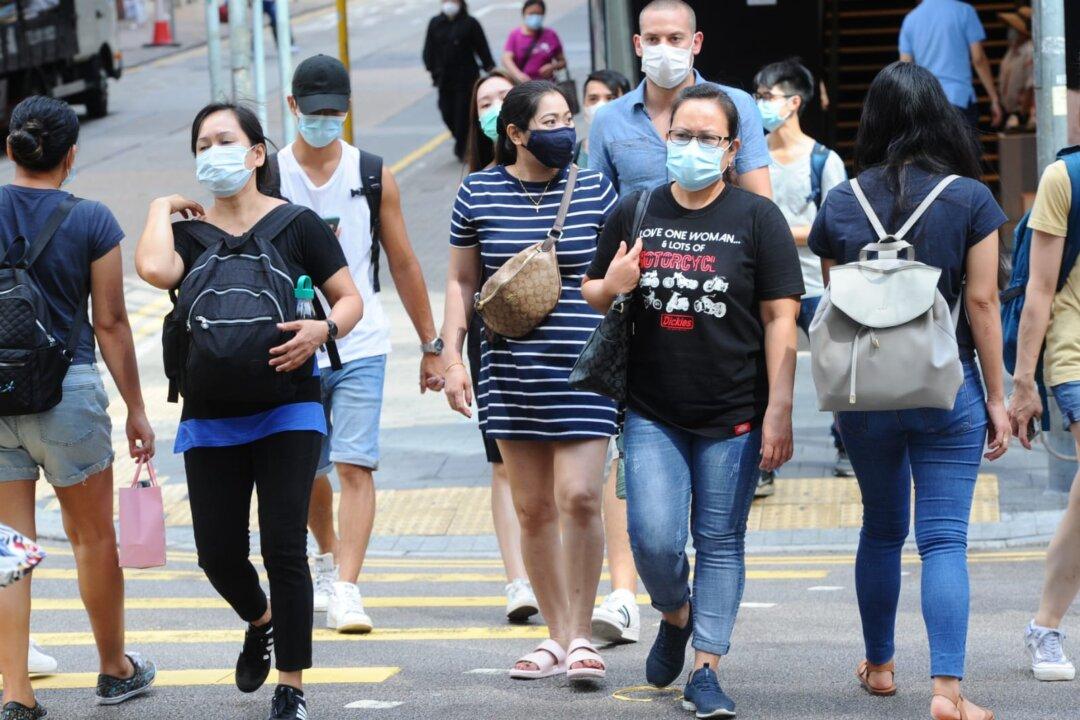Hong Kong saw a new wave of COVID-19 cases this past week, disrupting a period when the city’s total had plateaued at 1,000 cases since mid-April.
In response to the latest surge of new infections in the Chinese-ruled city, Chinese state-run media was quick to assign the blame on local protesters and the opposition camp—citizens and politicians who oppose Beijing’s tightening control over the city.





